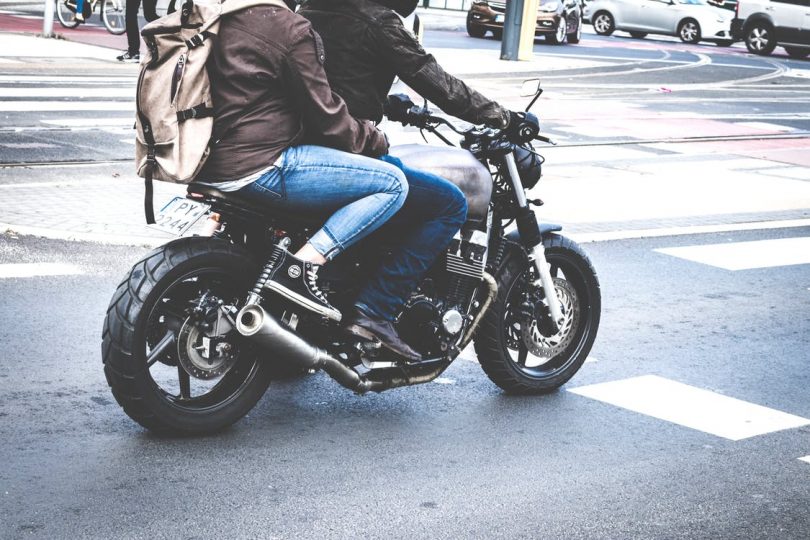
Do you ever think about motorcycles on the road? It seems like they are everywhere in the spring and summer time – it must have something to do with the freedom that comes with it and not freezing like one would during the winter months.
But, the freedom experiences is only half the story – unfortunately, thousands of riders and passengers die every year.
The statistics are outrageous
In addition to the 88,000 non-fatal injuries, there were 4,976 fatalities as a result of motorcycle crashes in 2016.
- 26% of the riders were alcohol-impaired
- 91% of the riders were male
- 36% of the riders were 50 and older
- 37% of the riders were wearing helmets
Does motorcycle safety fall solely on the motorcyclist?
The answer is no! Motorcycles are fairly rare to encounter on the road when you compare the number to that of a semi-truck, a van, a car, or a truck. According to the National Highway Traffic Safety Administration (NHTSA) when a vehicle collides with a motorcycle it is usually the vehicle’s fault, not the motorcyclists.
Drivers often violate motorcyclists’ right of way because:
- They don’t see the motorcycle
- They can’t anticipate the motorcycles’ movements
- The motorcycle may be in their blind spot
- They are distracted
What can you do as a motorcyclist to be safer on the road?
As a motorcyclist there are a few things that you can do, some of them are as simple as wearing a helmet. According to the NHTSA, more than 80% of motorcycle crashes result in death or injury. Here are other things that you can do:
- NEVER drink and ride
- Be extra careful at intersections – this is where a lot of collisions occur
- Watch out for potholes, oil slicks, debris, puddles, gravel, railroad tracks etc
- Know that riding with a passenger requires more skill
Another good practice is to help other drivers notice you by safely positioning yourself to be seen – this does NOT mean to weave in and out of lanes!
What can you do as a driver of another vehicle to practice motorcycle safety?
Motorcycle safety also falls on other drivers – we are a crucial part in keeping the roadways safe, not only for the motorcyclist, but for ourselves as well. Here are a few things that you can do as a driver to practice motorcycle safety.
- Be aware at intersections – slow down and check your surroundings
- Don’t tailgate motorcyclists (or anyone else)! A motorcycle’s brake lights may not always come on when it decelerates.
- Always double check your blind spot
According to the NHTSA, out of the 4,976 deaths about 740 lives could have been saved if the rider would have been wearing a helmet – so, if you know someone who rides a motorcycle tell them how important wearing a helmet can be. A helmet can literally save a life.
Contact Brooks Law Group
If you or a friend has been involved in a motorcycle crash, call Brooks Law Group today at 1-800-LAW-3030 today. Attorneys at Brooks Law Group want to genuinely help you receive the compensation you deserve so they work on a contingent basis, meaning that they don’t get paid until you receive that compensation. If you have any questions regarding the process, don’t hesitate to give us a call.













